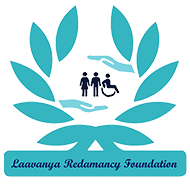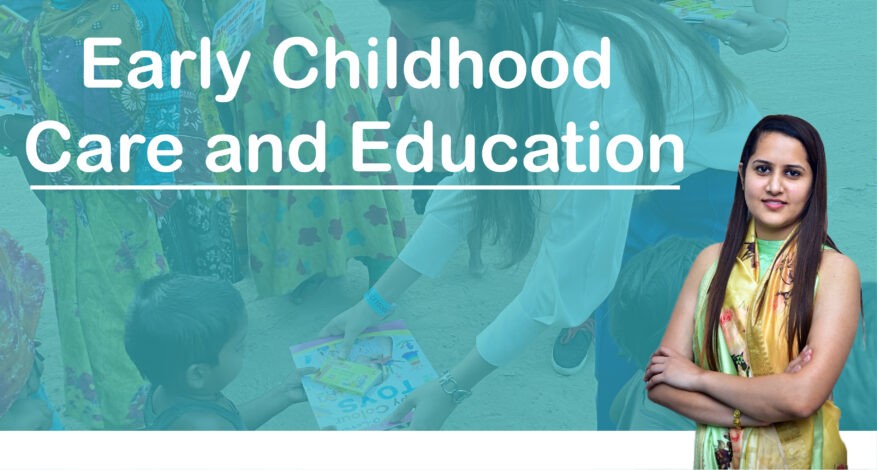Early childhood care and education
The early years in a child’s life are the most sensitive and extraordinary times when learning foundations are set. Good Learning at primary levels and advanced levels help attain a sound and well-aware society as a whole. Detailed studies have proven that quality learning at the early stages of life along with Early Child Care Education Programs has helped individuals to escalate outcomes at all stages of life.
The importance of early childhood care and education in India has led to massive transformations in the education system and the life of a child. Education at the pre-primary level with a solid foundation makes every phase of education highly efficient and productive. India invested heavily in ECCE in 2013, realising the importance of early childhood education and care. Since then, the programs in India like ECCE and Anganwadi have been constantly working on infusing quality education to children in their early stages of life.
According to Dr Jessica Alvarado, an academic program director, the early times of childhood are the most critical ones. During this period, they first learn how to interact with others which include parents, teachers, friends and peers. Additionally, they begin to develop interests that will stay with them throughout their lives.
Surveys and National data collection agencies have shown stats that speak volumes about the public interest in ECCE programs available in India. Almost 8 out of every 10 children aged 3-4 years are enrolled in the Early Childhood Care Education program in India. The stats vary from state to state. The highest participation is witnessed in states like Karnataka while slim figures are discovered in states like Uttar Pradesh.
According to UNESCO, early childhood care and education are so much more than just primary school education. The all-inclusive program is a block building process in the early lives of the child for emotional well-being. UNESCO believes it is one of the best investments a nation can make to foster holistic development, social co-existence and equality.
The Global scenario for the ECCE programs is quite promising. In 2019, 75% of primary age children enrolled in ECCE programs across the world. Whereas the stats for sub-Saharan Africa was only 50%.
The Anganwadi services started as an integrated program in child development, hunger and malnutrition in India. The services aim to provide necessary nutritional intake in the early years of a child. According to authorities, these services provide a healthy early childhood that is imperative for the sound development of an individual.
Dietary supplements along with quality child care lead to a balanced and strong economy of a nation. Many NGOs, huge corporates, social workers, voluntary groups and community associations have taken early childhood care and education seriously. They have integrated such programs into their systems to ensure they are contributing their bit to a stronger and viable economy of the nation.
Every individual and society as a whole resonate with the criticality of the early times of childhood. Workers at Anganwadi have expertise in such criteria. They work very closely with rural families and urban populations to achieve a robust line of education. Educating mothers and sensitising fathers of the children has made promising changes in the mindsets of the people of India. Many such programs are designed in India to facilitate the emotional health and mental well-being of a child. The importance given to such sensitive matters has made waves in the international diaspora. Earlier, such things were often ignored largely. But not anymore.
In July 2020, the Ministry of Education rolled out a new National Education Policy. Under this policy, the primary school begins with the integration of the ECCE programs available in India. The New Education Policy aims to provide universal integration of early childhood development, care and education. The mission is to achieve the same by 2030. The Ministry of Education in India ensures that all those entering Grade 1 are ready for school.
The NEP (National Education Policy) pushes quality ECCE programs in India through Anganwadi centres in communities, schools and pre-primary standalone schools.

